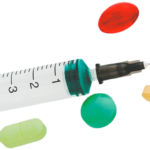Through a project to reduce gaps and inequities in lupus care and treatment, ACR work groups have developed five quality measures focused on clinical and patient-reported outcomes and are integrating them into the RISE registry to support patient care and research.








